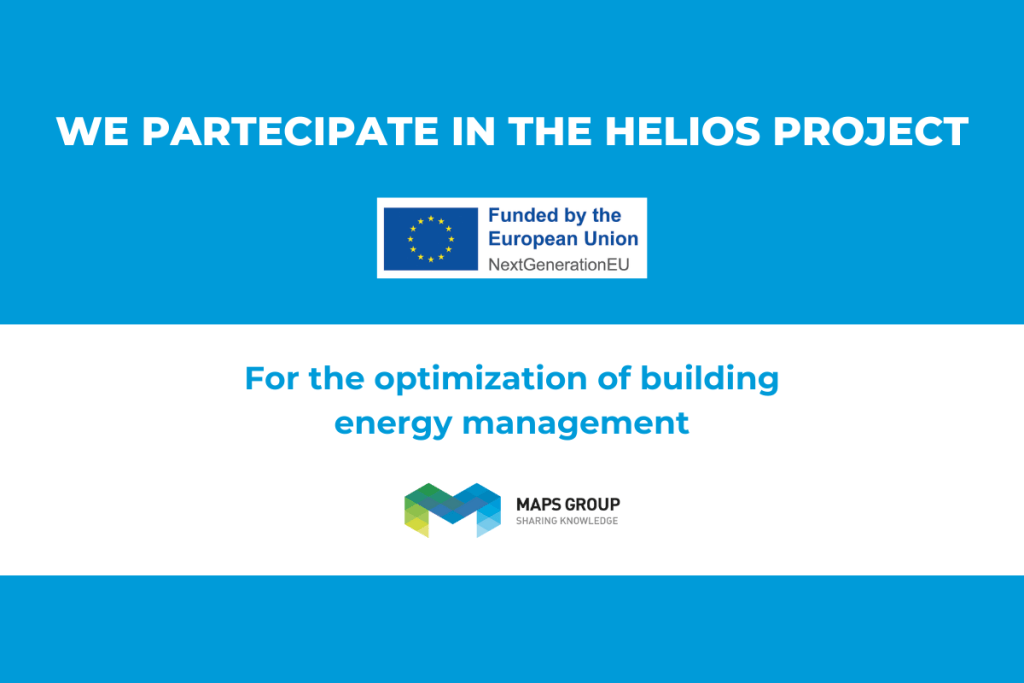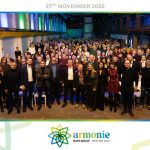The project will last 18 months, with a contribution to Maps Group amounting to 110,000 Euros
Maps Group announces its participation in the HELIOS project, Holistic Energy-efficient Living and Integrated Optimization System, funded by the European Union’s Next Generation EU program and managed by BI-REX Big Data Innovation & Research Excellence.
The project involves the development of a ‘Digital Twin’ prototype that will enable property managers to simulate the energy profile of the buildings under their management, accelerating the adoption of Data-Driven models in Real Estate and Facility Management.
A “Digital Twin” or “Virtual Twin” is the virtual representation of a physical object, such as a house or building, which is continually updated through real-time data collection. Its goal is to optimize the processes necessary for space management, energy efficiency, and enhance performance in terms of living comfort.
Moreover, one of the main challenges in property management is the acquisition of information related to buildings. The creation of a ‘Digital Twin’ emerges as a solution to this issue, serving as a digitalized system capable of directly and regularly collect all the necessary data straight from the source.
In this context, Maps Group will collaborate with other participants, including Rekeep S.p.a., an Integrated Facility Management operator, the University of Bologna, and Pomiager S.r.l.
It will contribute to the project by using its ROSE solution for the energy analysis of buildings, with the aim of:
- enhancing the quality of Artificial Intelligence-based predictions by integrating not only energy and environmental data from the field into predictive models but also physical data collected from the building’s digital information systems, such as user behavior.
- Identifying waste, inefficiencies, and anomalies in real-time through an AI-based anomaly detection engine.
- Optimizing and expediting the decision-making process by applying automated decisions, reducing energy consumption with specific algorithms capable of maximizing energy efficiency while maintaining user comfort.
The joint commitment of Maps Group and other participants in the HELIOS project contributes to achieving climate neutrality, aligning with the standards of the EU “Fit For 55” package, which attributes 40% of final energy consumption to buildings and encourages a 75% improvement in the energy performance of real estate assets.



